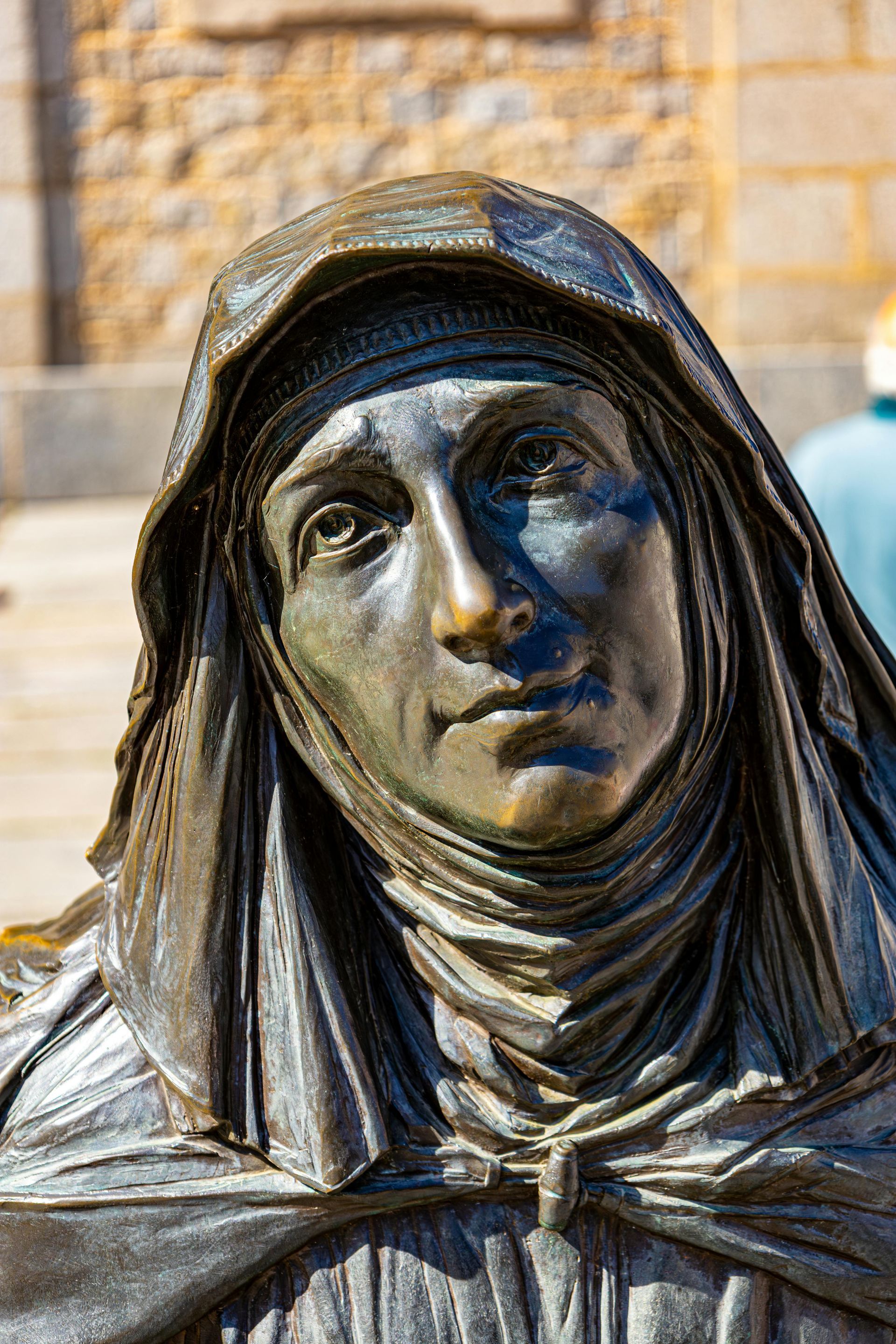4th Sunday of Easter B April 21, 2024
4th Sunday of Easter B
April 21, 2024
When I hear about the cornerstone that is rejected I receive an image of a singing frog. Do you remember the Warner Brother’s cartoon One Froggy Night where the man finds a singing frog inside of the cornerstone of a building? He takes the frog and puts him up on stage, but the frog will only sing for the man when they are alone. He finally puts the frog in the cornerstone of a new building that is demolished in the future and the worker in the future thinks he will cash in on the singing frog. We can guess that he will have the same issue that the frog will only sing for him when they are alone.
In the time of Jesus a cornerstone was a stone used to link two walls at right angles, thus holding up a significant part of the building’s weight. If the rejected stone is used for this job it must have been rejected for a reason. As in so many of his images, Jesus turns upside down our expectations. With God that which we think is the correct thing often is not. God uses the imperfect, the broken to advance the kingdom of God.
In the cartoon One Froggy Night a singing frog is certainly a foolish thing. Sadly only one at a time can hear the foolish frog sing. We don’t expect a frog to sing and dance, so we reject the possibility and fail to be delighted by the show.
St. Paul has referred to himself as a fool for Christ. The gospel is often proclaimed by the foolish among us.
We began this month with April 1 being All Fools day. On this day it was ok to pull jokes and pranks on others. Jokes and pranks work because they upset our expectations. April fool’s day, Holy Thursday this year, was followed by Good Friday, Holy Saturday and Easter Sunday. I am told that in the Russian Orthodox tradition is common to tell jokes on Easter Sunday since the resurrection is a joke on the devil.
Like a singing frog, the resurrection was unexpected and only a few were able to see and understand what had happened. The truth of the resurrection takes time to unpack and to understand.
Foolish things may be foolish, but that does not mean they are unimportant.
In history it has been the fools who speak truth to power. Foolish ones are those who help us to see the absurd nature of life.
In the plays of Shakespeare the fool is the one who speaks truth to power. In the history of the Russian church Holy Fools were held up as sacred persons. The fool is the one who sees in a clearer way. How often does a joke cut through all the posturing and get to the truth of the matter.
God has used the fool to advance the kingdom of God. How many of the saints were considered foolish in the eyes of the world. To embrace the gospel means to be out of step with the rest of the world.
The fool cares about things that and others when the world at large has given up on them.
In the gospel Jesus refers to himself as the good shepherd. Anyone who has worked with sheep knows they are not the brightest of God’s animals, yet the shepherd cares for them. Sheep are foolish animals.
To care for sheep one must get to know them. The shepherd gives them names and comes to know each one according to its ways of being. The sheep come to recognize the voice of the shepherd. Pope Francis has said that good Christians are shepherds who smell like the sheep.
The shepherd risks life caring for these simple animals. At night the sheep are gathered into an area with a wall around it and one way in and out. The shepherd completes the wall with his body and sleeps there so the sheep can’t leave and no intruders can get into the sheep fold.
In this season of Easter the joke is on the devil. Our God is the Good shepherd. Our God loves us so much he was willing to become human, to lower himself to be a fool, a member of the flock.
The stone rejected has become the cornerstone. The followers of Jesus were stones rejected. They were simple fishermen, fools in the eyes of the world. God used these fools to build the church that has lasted to today. Peter was a fool who promised to stay with Jesus till death until he quickly denied knowing the man. Judas saw Jesus as a stumbling block to his grasp for power so he betrayed Jesus. Paul saw the Christians as a problem to be eliminated so the sought them out and persecuted them, and on and on. These fools became the cornerstone of the church.
We often see children as foolish for they see all as new and speak their minds readily. How much truth and humor comes out of the mouths of babes. St. John in his letter, the second reading from today’s mass, calls us blessed and children of a loving God. He reminds us that we have gone astray like sheep, but have now returned to God.
A singing Frog is a foolish thing for those who can’t hear him. The resurrection is a foolish thing for those who refuse to believe. Sheep are foolish animals for those who refuse to know them. And our God is a foolish God loving us as we are as foolish children.
Thank God our God is so foolish. For our God loves us and in God’s wisdom we are saved from our foolish ways.






